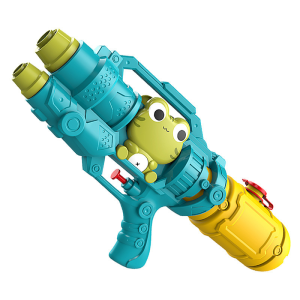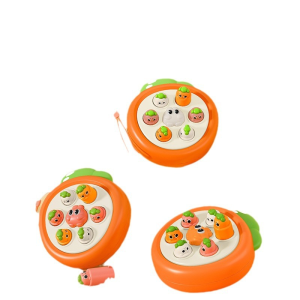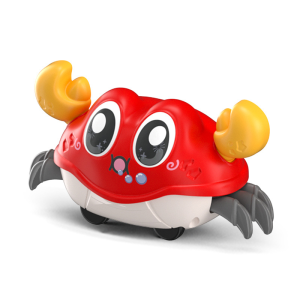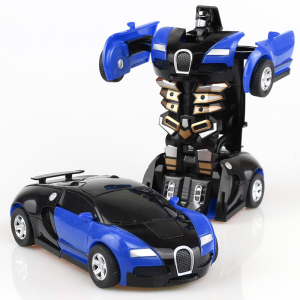The Educational Value of Children's Toys
In a child's growth journey, toys are not merely tools for entertainment; they play a crucial role in a child’s education and development. Toys come in various forms, from puzzles and building blocks to role-playing kits and science experiment sets, each helping children develop different skills and knowledge.
Firstly, puzzles, building blocks, and number games are instrumental in cultivating children's logical thinking and problem-solving abilities. By engaging in hands-on activities, children are encouraged to think about how to solve problems, and through finding solutions, they develop logic and patience. The sense of accomplishment children experience when they complete a puzzle or build something with blocks also boosts their self-confidence.
Secondly, role-playing toys such as doctor kits, cooking sets, and construction tools help children understand different roles and functions in real life. When children "play" as a doctor, teacher, or engineer, they gain a better understanding of these roles' significance in society, broadening their view of the world. Moreover, role-playing toys can enhance children's social skills, teaching them how to communicate, collaborate, and even resolve minor conflicts with other children, laying a foundation for social life in the future.
Physical toys, like scooters, balls, and jump ropes, are also highly beneficial for a child’s physical development. These toys help children build stamina, improve balance and coordination, and foster a love for physical activities. Outdoor toys, in particular, increase a child’s time spent in natural settings, promoting both physical and mental well-being.
Additionally, the recent popularity of coding toys and science experiment kits aids children in learning science, technology, engineering, and math (STEM) skills. These toys allow children to grasp basic coding knowledge, simple scientific principles, and hands-on experiment processes, cultivating their curiosity and innovation abilities.
In summary, educational toys not only make learning fun but also foster multiple skills. Parents can select educational toys that match their child’s interests, age, and developmental needs to help their children maximize their potential as they grow.
 Safety and Sustainability: The
Safety and Sustainability: The
 The Educational Value of Chil
The Educational Value of Chil
 Technology Toys and Child Deve
Technology Toys and Child Deve
 The Rise of Eco-Friendly Toys
The Rise of Eco-Friendly Toys




